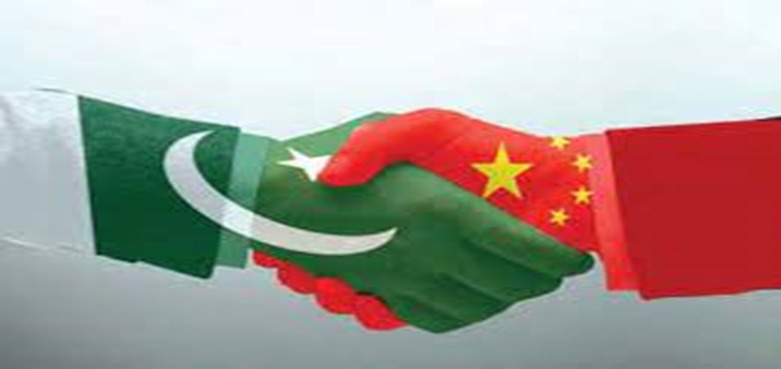ISLAMABAD: China and Pakistan have agreed to enhance their economic and business relationships through joint ventures (JVs).
Any JV, formed with a partner from another country, can help achieve strategic goals like lowering production costs, accessing international market, enhancing competitiveness, or becoming familiar with the unique international environment.
While talking to WealthPK, Haroon Sharif, a former chairman Board of Investment, said different developments were taking place as far as Pakistan’s sustainable development goals were concerned. According to the International Monetary Fund, Pakistan needs $16 billion annually for the next 10 years to meet the goals. “Involvement of private sector in meeting the goals has to be ensured because we cannot continue to take soft loans, grants or government-to-government investments for achieving such targets.”
“Our governance structure does not allow for private markets to put money in government sectors. Amid the shrinking government fiscal space, we need to work on private capital’s flow by ensuring a very strong governance structure.”
He stated that Pakistan’s industry needs to forge joint ventures with their counterparts in China to help raise the productivity level and competitiveness. Each Special Economic Zone (SEZ) being built in Pakistan has specific geographical competency and unique competitive production potential that could be utilised by joint venturing with Chinese companies.
He said the Board of Investment has identified suitable industries to be relocated to the priority economic zones.
Haroon Sharif said Pakistan needs to produce solar panels and inverters locally by promoting their production in the SEZs with the Chinese expertise.
“There is a huge potential for launching JVs in Pakistan, but lack of finance is the big problem. This can be ensured by attracting the private sector,” he said.
Haroon Sharif said the government in collaboration with international institutions and the private sector needs to start working on developing a framework to help build robust infrastructure, particularly in agriculture and industrial sectors, to enhance productivity and boost exports.
-INP






